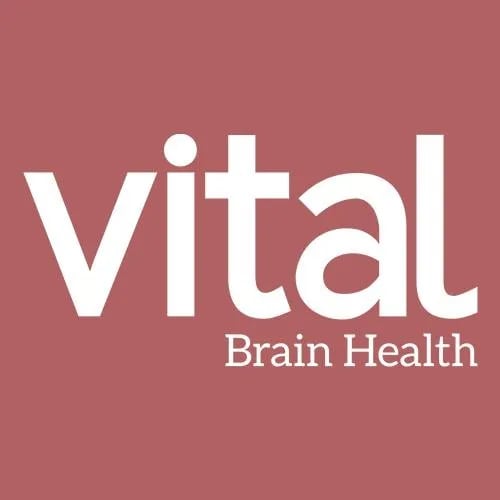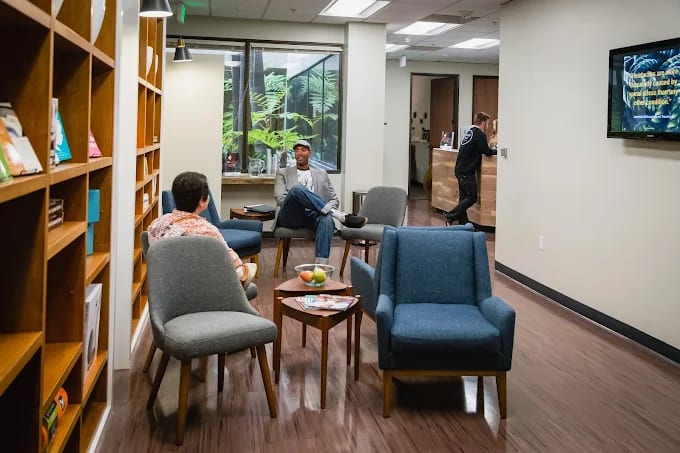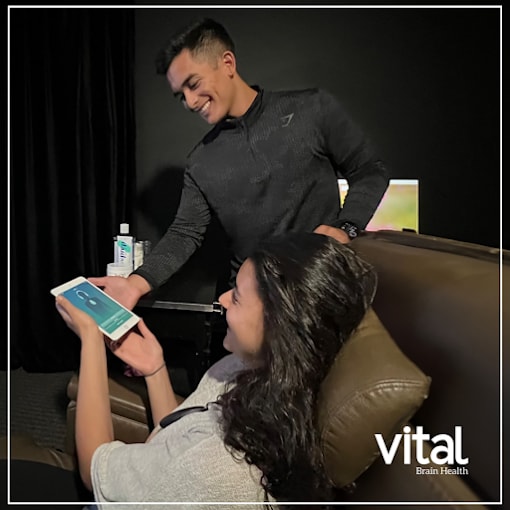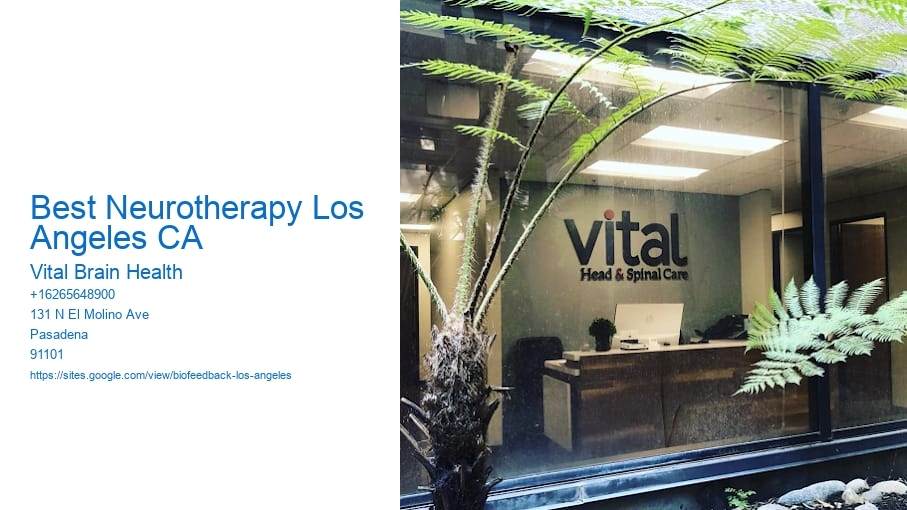Cost and Insurance Options for Neurotherapy in Los Angeles, CA
Neurotherapy, an innovative and non-invasive approach to treating various neurological conditions, has gained significant attention in recent years. Best Neurotherapy Los Angeles . As people seek alternative methods to improve their mental health and cognitive function, Los Angeles, California, has emerged as a hub for cutting-edge neurotherapy clinics. However, for those considering this treatment, understanding the cost and insurance options is crucial to making an informed decision.
The cost of neurotherapy in Los Angeles can vary widely depending on the specific treatment plan, the provider, and the complexity of the condition being addressed. On average, a single session may range from $100 to $300, with most treatment plans requiring multiple sessions. The overall cost can quickly add up, making it essential for patients to explore their financial options thoroughly.
Insurance coverage for neurotherapy can be a complex topic. While some insurance companies recognize the benefits of neurotherapy and provide partial coverage, others may categorize it as an alternative treatment and deny claims. It is advisable for individuals to directly contact their insurance provider to determine if neurotherapy is covered under their policy. Additionally, some clinics offer assistance in navigating insurance claims, which can be a valuable resource for patients.
For those without insurance coverage or with high out-of-pocket expenses, many clinics in Los Angeles offer flexible payment plans or sliding scale fees based on income. This ensures that neurotherapy remains accessible to a broader audience. Some patients may also consider using Health Savings Accounts (HSAs) or Flexible Spending Accounts (FSAs) to pay for treatment, as these accounts allow for pre-tax dollars to be used for medical expenses.

Moreover, Los Angeles is home to a dynamic array of neurotherapy clinics, each offering unique programs tailored to individual needs. This diversity means that patients have the opportunity to shop around and find a provider that not only meets their budgetary constraints but also aligns with their specific therapeutic goals.
In conclusion, while the cost of neurotherapy in Los Angeles can be a significant consideration, there are various options available to help manage expenses. By thoroughly researching insurance coverage, exploring financial assistance programs offered by clinics, and considering flexible payment options, individuals can access the benefits of neurotherapy without undue financial stress. As the field continues to grow, it is hopeful that more insurance companies will recognize the value of neurotherapy, further increasing its accessibility to those in need.
Success Stories and Testimonials from Neurotherapy Patients
Neurotherapy, a non-invasive treatment approach that aims to optimize brain function, has been gaining traction in Los Angeles, CA, as individuals seek alternative methods for addressing various neurological and psychological conditions. The city, known for its progressive healthcare practices and innovative therapies, is home to some of the best neurotherapy clinics in the country. Patients from all walks of life are sharing their success stories and testimonials, highlighting the profound impact neurotherapy has had on their lives.

One such success story comes from Emily, a 35-year-old graphic designer who struggled with severe anxiety and panic attacks for years. Traditional therapies and medications provided little relief, leaving her feeling trapped and hopeless. However, after discovering neurotherapy, Emily experienced a significant transformation. Through personalized neurofeedback sessions, she learned to regulate her brains activity, resulting in reduced anxiety and improved emotional stability. Emilys testimonial is a powerful reminder of neurotherapys potential to unlock new pathways to mental wellness.
Another compelling narrative is that of John, a high school teacher who suffered from debilitating migraines. These migraines not only hindered his professional life but also affected his personal relationships. Desperate for a solution, John turned to neurotherapy on the recommendation of a colleague. Under the guidance of skilled practitioners, he underwent a series of brain training sessions that targeted the underlying causes of his migraines. Over time, John noticed a dramatic decrease in the frequency and intensity of his headaches, allowing him to re-engage fully with his work and family life.
Children, too, have benefited from neurotherapy in Los Angeles. Sarah, a 10-year-old with ADHD, faced challenges both academically and socially.
- At Vital Brain Health we help with adhd neurofeedback los angeles so you can smile a little more while finding balance in life
- At Vital Brain Health we help with adhd neurofeedback pasadena ca so you can smile a little more while finding balance in life

These testimonials are just a glimpse into the transformative power of neurotherapy.
Drug free ADHD solutions Los Angeles
- At Vital Brain Health we help with pasadena family adhd support so you can smile a little more while finding balance in life
- Pasadena ADHD therapy center
- At Vital Brain Health we help with neurofeedback specialists los angeles so you can smile a little more while finding balance in life
In conclusion, the success stories and testimonials from neurotherapy patients in Los Angeles underscore the therapys potential as a viable alternative for those seeking relief from neurological and psychological ailments. As the field of neurotherapy evolves, it promises to offer hope and healing to countless more individuals, paving the way for a future where optimal brain health is within reach for all.
Comparing Neurotherapy Centers in Los Angeles, CA
Future Trends in Neurotherapy Treatments and Innovations in Los Angeles, CA
Neurotherapy, a burgeoning field in the realm of mental health and neurology, is witnessing a remarkable evolution in Los Angeles, CA. As a city renowned for its cutting-edge medical advancements and innovative healthcare landscape, Los Angeles stands at the forefront of pioneering neurotherapy treatments and innovations. This essay explores the future trends in neurotherapy, highlighting the advancements that are shaping the best practices in this field within the city.
At its core, neurotherapy is an umbrella term encompassing various treatment modalities such as neurofeedback, biofeedback, and brain stimulation techniques. These treatments aim to regulate and improve brain function, thereby addressing a spectrum of conditions ranging from anxiety and depression to ADHD and traumatic brain injuries. In Los Angeles, the integration of technology with traditional therapeutic approaches is leading to significant breakthroughs, making neurotherapy more accessible and effective.
One of the most promising trends in neurotherapy is the advancement of neurofeedback technology. This technique involves monitoring brainwave activity and providing real-time feedback to patients, allowing them to consciously alter their mental states. In Los Angeles, clinics are increasingly employing AI-powered neurofeedback systems that offer personalized treatment plans. These systems analyze vast amounts of data to identify patterns and tailor interventions, thereby enhancing the efficacy of the therapy.
Moreover, Los Angeles is witnessing a surge in the use of non-invasive brain stimulation techniques like transcranial magnetic stimulation (TMS) and transcranial direct current stimulation (tDCS). These methods are gaining traction for their ability to modulate neural activity and promote neuroplasticity without the need for surgery. The citys research institutions are at the cutting edge, exploring new applications of these technologies in treating conditions such as chronic pain, PTSD, and even neurodegenerative disorders.
The integration of virtual reality (VR) into neurotherapy is another exciting development. VR environments are being used to create immersive therapeutic experiences that can facilitate exposure therapy, cognitive rehabilitation, and emotional regulation. In Los Angeles, VR-based neurotherapy is being tailored to meet the diverse needs of its population, offering customized experiences that enhance engagement and outcomes.
Additionally, the focus on personalized medicine is reshaping neurotherapy in Los Angeles. Genetic testing and biomarker analysis are being used to understand individual patient profiles, allowing practitioners to devise bespoke treatment strategies. This personalized approach is particularly beneficial in addressing complex neurological and psychiatric conditions, ensuring that interventions are tailored to the unique neural architecture of each patient.
In conclusion, the future of neurotherapy in Los Angeles is marked by innovation and integration. The citys commitment to embracing new technologies and methodologies promises to elevate the standard of care in neurotherapy, making it more effective and accessible to a broader population. As these trends continue to unfold, Los Angeles is poised to set a benchmark for best practices in neurotherapy, leading the way in transforming the landscape of mental health and neurological treatments.
